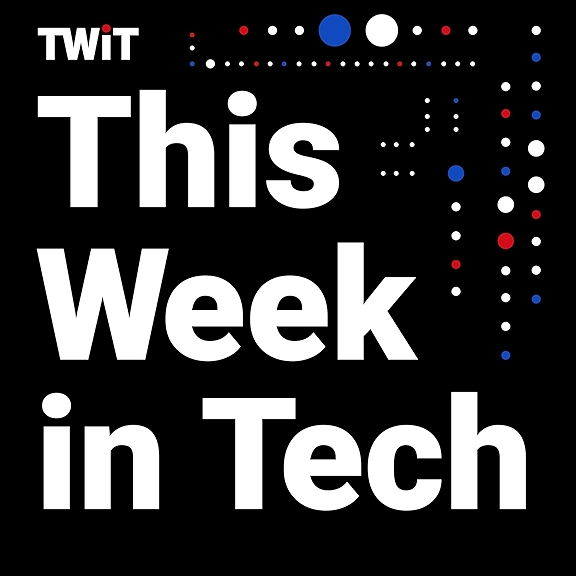
In this episode of The Union podcast, Chris and I review McKinsey &Co.'s "The state of AI in 2023: Generative AI’s breakout year," exploring its impact on various industries and job functions and how it's shaping the future of work.
How High Performers Achieve Results with Generative AI
McKinsey's report summarizes 1684 survey responses and highlights how companies are using generative AI, some of the opportunities they are taking advantage of and several concerns with the technology and how it integrates into applications and workflows. The report authors split the responses and highlight how differently high performers are leading the way in the use of AI. High performers are organizations that, according to respondents, attribute at least 20 percent of their EBIT to AI adoption. They're able to quickly identify opportunities and capitalize on them with a data-driven mindset, leveraging AI solutions to rapidly develop new products, services and processes--not just save money.
High Performers Are Using Generative AI Differently
How are high performers achieving a 20% lift in earnings with generative AI? This is a big lift and demonstrates that AI is truly transforming businesses. Interestingly, the survey showed that high-performing organizations state they focus on building new products using AI rather than cost savings. Building new products opens adjacent markets or enables one to grab more share and spend from current customers. I'd like to see this data further segmented by industry or use cases since they are getting such a lift. I assume that the high performers are likely to be companies with dedicated data science teams who understand how AI can contribute to product development. Companies just starting with AI might be more focused on potential cost savings, given their lesser familiarity with AI's potential.
Concerns with Generative AI are Consistent
As with any technological advancement, there are apprehensions surrounding generative AI adoption. Is it secure? Are the outputs accurate? Where does my data go? These are valid concerns and the report states generative AI inaccuracy, cybersecurity, and IP infringement as the top concerns. However, these risks can be mitigated by using AI integration platforms like Krista to help govern data, and prompt generative AI with data and answers from your internal systems thereby reducing inaccuracies or hallucinations, and cybersecurity risks.
How Are Companies Using Generative AI?
Of the individuals surveyed for the report, most have used generative AI at least once and one-third use it regularly. Industries using generative AI the most include tech, media, and telecom sectors followed by financial services and other business services. This suggests that the more data-intensive an industry is, the higher the usage of AI, and therefore a greater opportunity to make sense of the business and build new products.
More at krista.ai




















